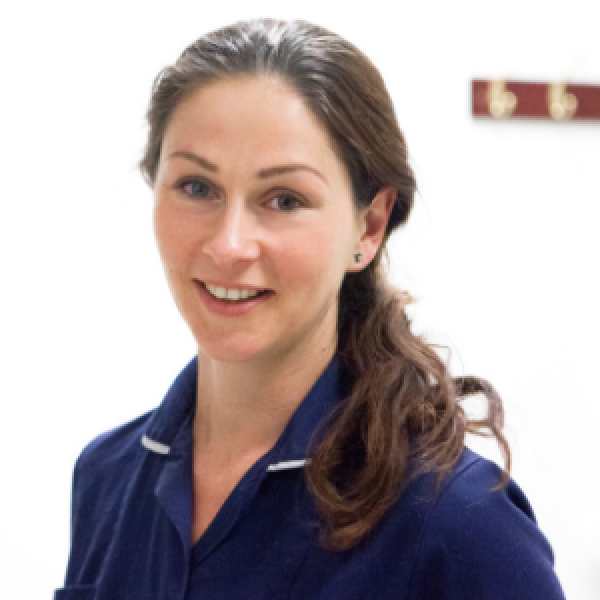Useful information for colposcopists
Last modified: 24 May 2025, 14:15
Resources
There are several great resources out there to offer guidance and support to you as a colposcopist.
Jo’s Cervical Cancer Trust
As well as our resources to support your patients, we also have a new resource for you. HPV is becoming our most asked about topic and we want to help you support anyone with questions in the best way. We have developed Talking about HPV: A guide for healthcare professionals based on the calls and feedback we have had. It has a short overview of HPV, feelings people may have about the virus, common questions you may be asked, and some ways to answer those questions. It focuses on the language we use around HPV and how that can shape someone’s experience.
Download the free guide on our online shop >
Other organisations
The British Society for Colposcopy and Cervical Pathology (BSCCP) is an organisation that was specifically founded to support those people working in all fields connected to colposcopy, cervical pathology and the prevention of cancer of the cervix. They provide a number of useful services to their members, such as:
- Accredited colposcopy training
- Updates on relevant upcoming courses and meetings
- Information on recertification and continued professional development
- An Annual Scientific Meeting
- A number of educational resources
Please visit these pages to find out more on how to become a member of the BSCCP.
The NHS Cervical Screening Programme offers the following guidelines for colposcopists:
- Colposcopy and Programme Management (publication number 20, third edition: March 2016)
What happens to women after their visit to colposcopy?
As you know approximately 40% of women will have a normal result at colposcopy and will be returned into back into the regular screening programme without any further intervention [1]. The other 60% of women will be diagnosed with some grade of CIN/CGIN and will either be monitored or treated depending on the severity.
In rare cases, the results of a woman’s biopsy will diagnose her with cervical cancer. Her consultant will then order a variety of tests to determine the type of cervical cancer and the extent of the disease. She will then move into the care of a multidisciplinary team of specialists who will work with her to find the best treatment pathway for her.
Find out more information on the types and stages of cervical cancer, as well as the possible surgical, radiotherapy, chemotherapy and other drug treatment options on our information pages.
References
- NHS Choices, 2014. Results of a colposcopy. www.nhs.uk/Conditions/Colposcopy/Pages/Results.aspx. Accessed: 02.06.2016.

Health professional newsletter
Keep up to date with our range of information for health professionals, latest news and what we’re up to.
Volunteer for Jo’s
Use your knowledge to help us run our support services and produce reliable health information.
